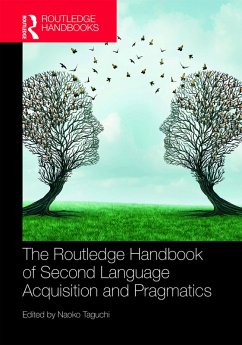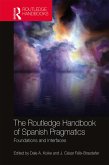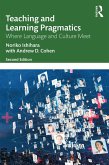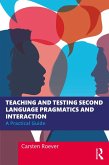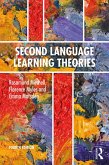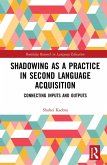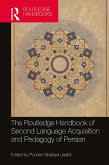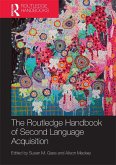Dieser Download kann aus rechtlichen Gründen nur mit Rechnungsadresse in A, B, BG, CY, CZ, D, DK, EW, E, FIN, F, GR, HR, H, IRL, I, LT, L, LR, M, NL, PL, P, R, S, SLO, SK ausgeliefert werden.
Ali Derakhshan, Golestan University, in Applied Linguistics
"By exploring questions of great nuance, it represents a major contribution to our understanding of L2 pragmatics. [... T]his wide-ranging volume provides a highly accessible entry point to the long-standing relationship between pragmatics and SLA. [...] Although the new millennium has witnessed a proliferation of L2 pragmatics research and teaching informed by SLA theories, this field is still dominated by European and North American voices. [...] It is gratifying to note that this volume includes the many voices of Asian scholars whose work on the shifting conceptions of intercultural pragmatics contributes uniquely to some of the basic questions in L2 pragmatic acquisition and development research, namely, what is learned, how it is learned, and particularly why something is learned or not learned. [...] Written by leading scholars in the field, the contributions have sought to demonstrate why pragmatics is a profitable arena for SLA research and how SLA provides theoretical frameworks and empirical methods to address the constructs and changes within pragmatic systems. [... T]he contributions in this volume have managed to balance input-based and output-based approaches, awareness and assessment issues, grammatical and prosodic choices, and well-established and newly-emerging domains."
Xin Li, Shanghai International Studies University, in Journal of Linguistics

